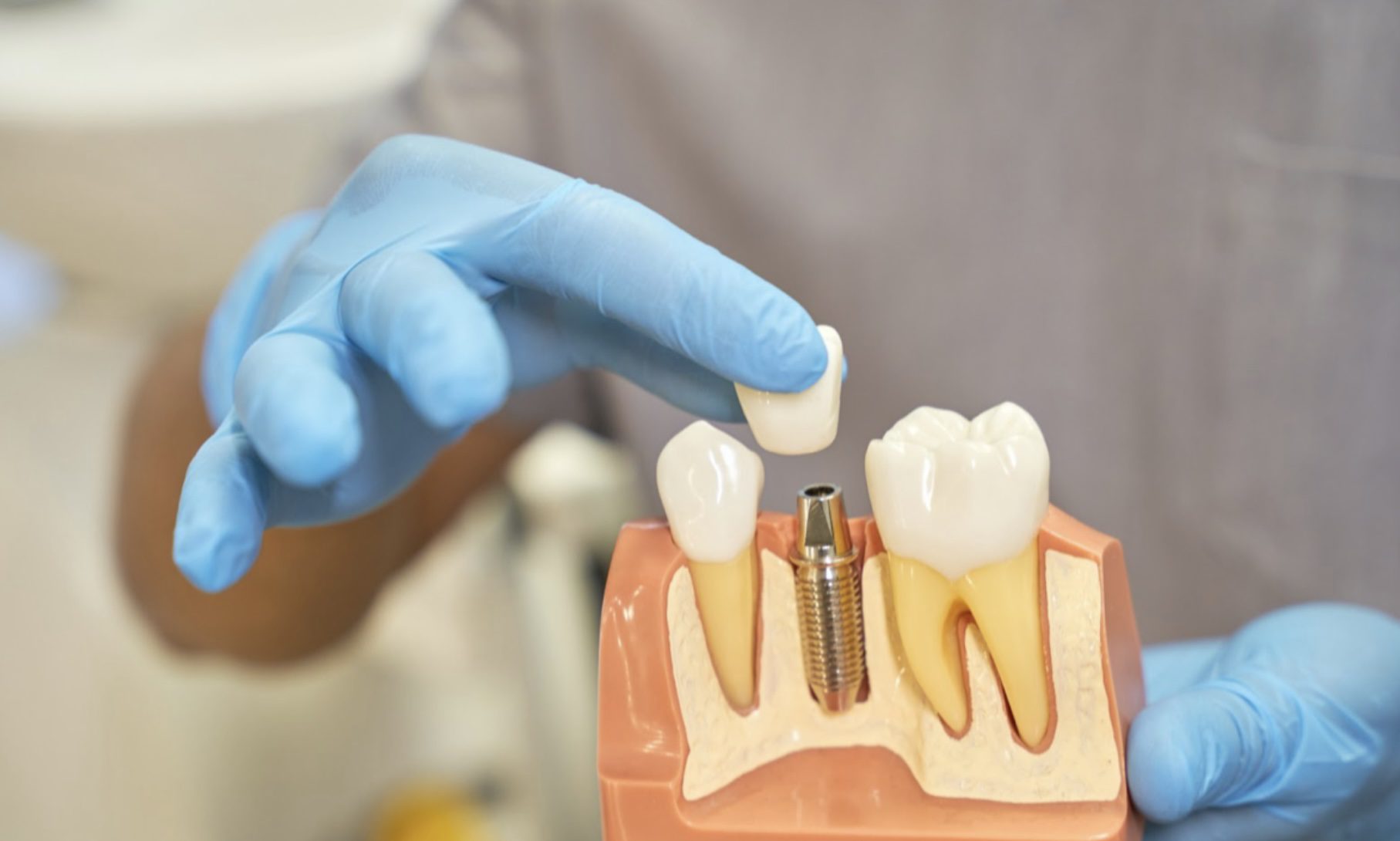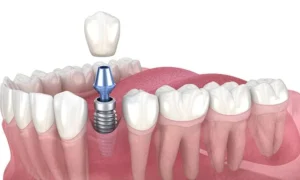Dental implants have become the gold standard for replacing missing teeth because of their durability, natural appearance, and ability to restore full oral function. Unlike dentures or bridges, implants integrate directly with the jawbone, creating a stable and long-lasting foundation for replacement teeth. If you’re considering restoring your smile with implants, you can learn more about the process and your eligibility by visiting https://www.caresmiles.com. But not everyone is automatically a candidate for this procedure. Understanding whether you are a good candidate for dental implants can help you make an informed decision before beginning treatment.
What Are Dental Implants?
A dental implant is a small titanium post surgically placed into the jawbone to act as an artificial tooth root. Once the implant fuses with the bone through a process called osseointegration, it provides a strong base for a dental crown, bridge, or denture. This makes implants look, feel, and function like natural teeth often lasting decades with proper care.
Key Qualities of a Good Dental Implant Candidate
1. Good Overall Oral Health
Healthy gums and remaining teeth are essential for implant success. Gum disease (periodontitis) or untreated decay can weaken the surrounding structures and jeopardize the implant’s stability. Before implant surgery, your dentist will ensure your mouth is free of infection and that your oral hygiene habits are solid.
2. Adequate Bone Density
Implants rely on the jawbone for support. Therefore, candidates need sufficient bone density and volume to hold the implant securely in place. If bone loss has occurred due to missing teeth or gum disease, bone grafting procedures can help rebuild the necessary structure before implantation.
3. Healthy Gums
Strong, disease-free gums are critical since they play a vital role in supporting the implant and preventing infections. Patients with gum inflammation or periodontal disease should undergo treatment to restore gum health before implant surgery.
4. Good General Health
Dental implant surgery is a minor surgical procedure, so your general health matters. Conditions such as uncontrolled diabetes, autoimmune disorders, or heart disease may interfere with healing or increase the risk of complications. Your dentist will review your medical history and may consult with your physician to ensure you’re medically fit for the procedure.
5. Non-Smoker (or Willing to Quit)
Smoking can delay healing and dramatically increase the risk of implant failure. Nicotine restricts blood flow, which affects the body’s ability to fuse the implant with the jawbone. Smokers who are willing to quit, at least temporarily during the healing phase, can still be good candidates.
6. Commitment to Oral Hygiene
Long-term implant success depends heavily on excellent oral hygiene and regular dental visits. Brushing twice daily, flossing, and professional cleanings help prevent infection around the implant site (peri-implantitis), ensuring the implant lasts for many years.
7. Patience with the Process
Getting dental implants is not an overnight procedure. The process can take several months, especially when bone grafting or healing periods are involved. Good candidates are those who understand the timeline and are committed to following post-surgery care instructions for optimal results.
Who May Need Additional Preparation?
Some individuals may not be ideal candidates at first but can become suitable with additional treatment. For example:
- Patients with significant bone loss may require bone grafting.
- Those with chronic gum disease may need periodontal therapy first.
- Individuals with bruxism (teeth grinding) might need a night guard to protect the implants.
Your dentist will assess these factors through X-rays, 3D scans, and a detailed consultation.
Who Might Not Be a Good Candidate?
While dental implants are successful for most people, certain conditions may make them less suitable, such as:
- Severe bone loss that cannot be grafted
- Uncontrolled systemic diseases (e.g., diabetes, blood disorders)
- Alcohol or substance abuse
- Heavy smoking habits
- Poor oral hygiene compliance
Your dental professional will carefully evaluate these risks before recommending an alternative solution like bridges or removable dentures.
Dental implants offer a life-changing solution for those looking to restore their smile, improve chewing function, and regain confidence. A good candidate is someone with healthy gums, adequate bone structure, good general health, and a commitment to maintaining excellent oral hygiene.
If you’re considering dental implants, schedule a consultation with a qualified implant dentist who can evaluate your specific needs and guide you through the process for a safe, successful, and long-lasting result.



































